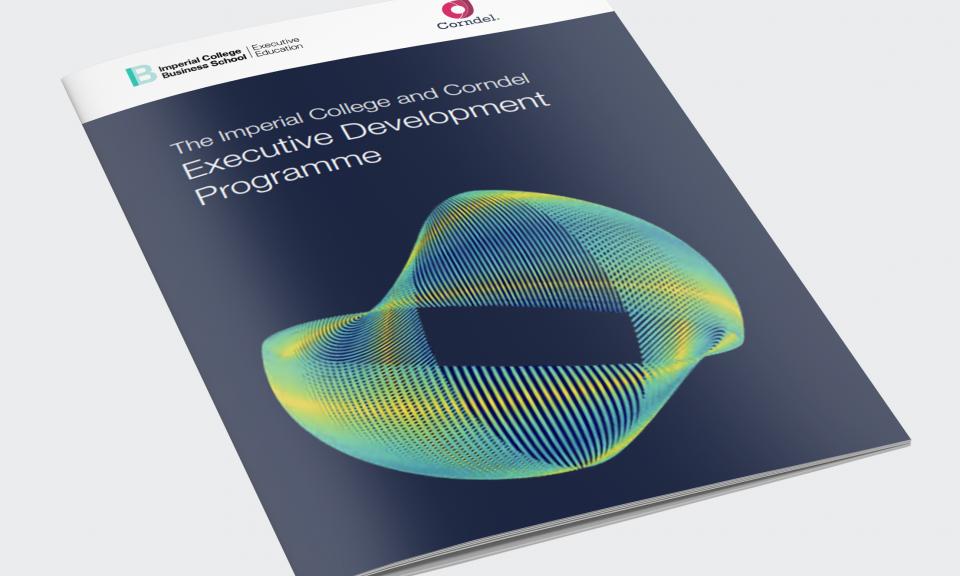Justine Greening, the Education Secretary, has failed to name any respected educational expert or institution that supports extending grammar schools as she prepares to launch a consultation into the policy.
Ms Greening also refused to rule out introducing quotas for the most disadvantaged children in England to attend to grammar schools, saying the Government would not elaborate on details before publication of a White Paper on the controversial policy.
The Education Secretary’s comments come as she outlined at a speech on Thursday how the Government will introduce a new model for grammar schools – championed by Theresa May – to “work for everyone”, including children from “ordinary working families”
But when asked on the BBC’s Radio 4 Today programme whether she could name any respected educational figure or institution that actually wants more grammar schools, she failed to do so.
She also denied ignoring increasing pressures on schools that have seen head teachers write to parents in recent weeks asking for financial contributions.
Data from the Institute For Fiscal Studies suggests an 8% drop in real-terms spending per pupil between 2014/15 to 2019/20, which the BBC said proved schools’ financial situations are getting worse. But Ms Greening told the broadcaster investment per pupil had risen 50 per cent in real terms over the last 20 years.
She said: “I don’t minimise the challenges that schools face. We are putting in record amounts but we are absolutely committed to working with all schools to make sure they can get the very most out of that money.”
“We are creating a new model of grammars for the 21st century,’” she added
But Dr Lee Elliot Major, the chief executive of the Sutton Trust, a leading educational charity, added there was no evidence that existing grammar schools were acting as engines of social mobility in England.
Speaking on the Today programme before the Education Secretary, he added: “What we’ve found is that grammar schools aren’t serving the poorest children – a child from a private prep school will be tens times as likely as a child on free school meals to get into a grammar. So they are disproportionately serving those from the richest backgrounds.”
Jeremy Corbyn, the Labour leader, added that if the Conservatives wanted to help children “they would scrap their divisive grammar schools plans and properly fund schools”.
Shadow Education Secretary Angela Rayner said there was no evidence that grammar schools improve social mobility and the Government had tried to “fiddle” the figures. She told BBC Radio 4’s Today programme: “Grammar schools do not improve social mobility and therefore they are not good for our education system.
“They are trying to bring in a policy where there is a life raft for a very, very tiny minority if you’re lucky enough go through the private tuition to get yourself into these grammar schools while the rest of us can rot.”
Despite a lack of evidence to support her plans and significant opposition from some senior Conservative backbenchers it is clear, however, that Ms May’s administration intends to plough ahead with a wave of new grammar schools in England.
During her speech at St Mary’s University in Twickenham, south-west London, Ms Greening added: “This is a Government that believes that ordinary working families shouldn’t have to ‘make do’
“We believe they deserve better than that. Because ordinary working families are the backbone of our economy, our country. There’s an old adage – what gets measured gets done. And this Government is focused on getting things done.”
The Education Secretary added that the DfE launched a technical consultation on the plans on Wednesday to “help us understand how the children of ordinary working people are faring in our education system”.
Ms Greening said she wants to “knit together” the different parts of the education system in a bid to raise attainment. She added: “We believe that universities, independent schools, and faith schools have a role in creating better options for parents.
“And I believe that selection – in new, 21st century state grammar schools – will add to the options available to young people – to truly help make the most of their talents.
And grammars should not just be for one better off group in society to attend. We want to see more children from disadvantaged families get into grammars – that’s vital.
“We certainly will not lose sight of the fact that we want grammars to achieve more for disadvantaged children.
“But we also shouldn’t lose sight of the fact that many young people from an ordinary working class background already attend our existing grammar schools.
“And so, the new schools that we will create will support young people from every background, not the privileged few. Young people on free school meals – and those eligible for pupil premium.
“This will be a new model of grammars, truly open to all – we will insist on that. And it will reflect the choices of local parents and communities.
[Source:-independent]














